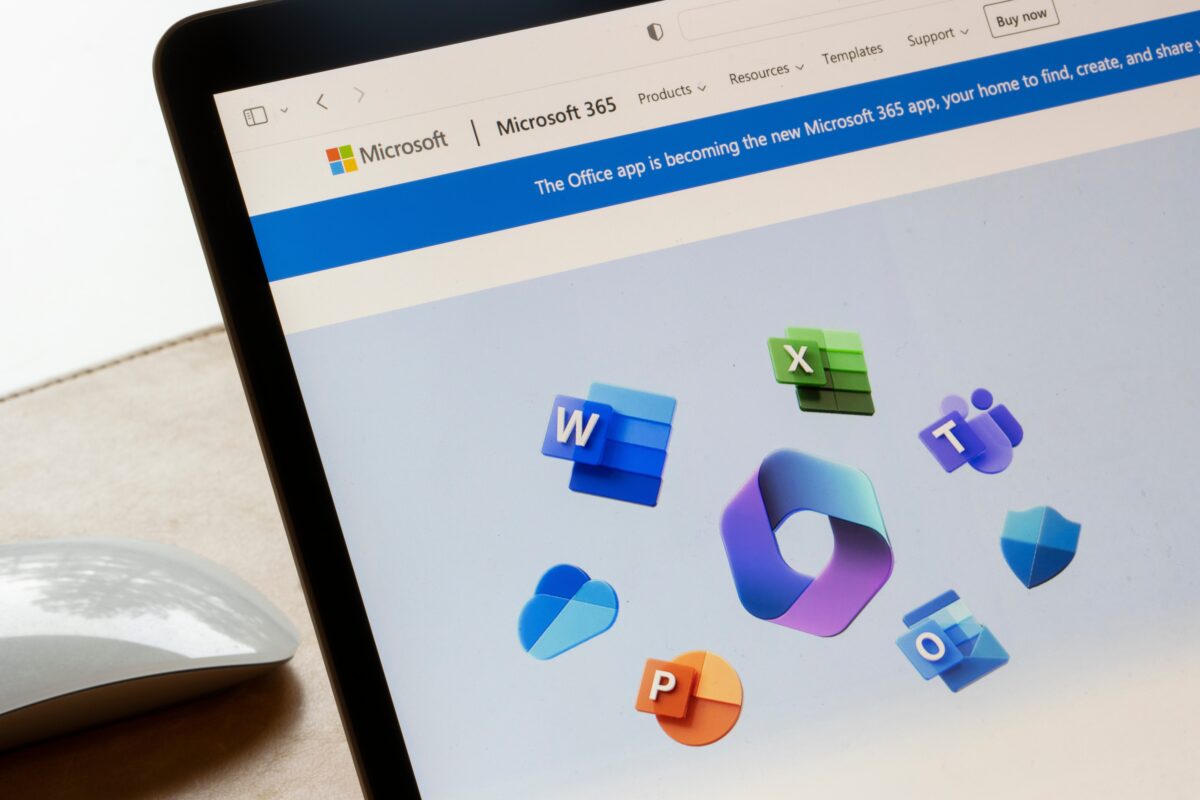Emotional intelligence and success go hand in hand in today’s workplace. Employers seek professionals who can control their emotions, communicate effectively, and build strong relationships.
But how does “EQ” impact career growth? In this guide to emotional intelligence in business, you’ll learn how to strengthen decision-making, leadership, conflict resolution, and networking abilities.
What Is Emotional Intelligence (EQ)?
Emotional intelligence is the ability to recognise, understand, and manage both your own emotions and those of others. It consists of five key components:
- Self-awareness: Recognising emotions as they arise and understanding their impact.
- Self-regulation: Managing emotional reactions and maintaining control in challenging situations.
- Motivation: Using emotional understanding to drive personal and professional goals.
- Empathy: Understanding and considering others’ emotions in decision-making.
- Social skills: Navigating workplace relationships, collaboration, and communication effectively.
Learn more: Emotional Intelligence Training: Boosting Mental Health and Well-Being at Work.
Why EQ Matters As Much As IQ
IQ (“intelligence quotient”, what we typically think of as a measure of intelligence) supports technical skills and problem-solving. But EQ (emotional intelligence) shapes interaction, stress management, and leadership. High EQ improves collaboration, resilience, and adaptability, all of which are essential for successful and productive workplaces.
Your Human Advantage in a Changing Workplace
EQ gives us the human edge in a digital world. The rise of AI is a great example.
More than 84% of Aussies now use AI. While machines can crunch numbers better than most people, they can’t show empathy, understand and manage the nuances of emotions, or motivate a team. As AI continues to transform industries and remote work becomes standard, emotional intelligence will matter more than ever.
How Emotional Intelligence in Business Shapes Your Performance
Recent Australian studies show EQ’s impact on decision-making, leadership, teamwork, and conflict resolution:
Better Decision-Making
Professionals with high EQ excel at managing their emotions, avoiding impulsive reactions, and considering multiple viewpoints. These skills enable them to make better decisions.
In fact, research shows that higher emotional intelligence leads to better economic decision-making, as people with higher EQ tend to make more rational, value-based choices.
Enhanced Leadership Skills
Emotionally intelligent leaders inspire teams, build trust, and enhance workplace performance. Their ability to manage emotions and communicate effectively drives business success.
A study showed that boosting a manager’s emotional intelligence score by 10% improved overall business performance, including profitability, by 7%. Organisations with highly engaged teams led by emotionally intelligent leaders experience 59% less turnover.
Improved Workplace Relationships
Strong communication and empathy are essential for teamwork, fostering collaboration, improving problem-solving, and creating a supportive work environment that drives career growth.
Emotional intelligence (EI) training boosts team performance and customer satisfaction. A study of 200 project managers found EI improves project success rates. Research shows that employee empathy increases customer satisfaction and loyalty.
Conflict Resolution
High EQ professionals manage workplace conflict effectively, making them valuable to employers.
A study of 280 university employees found that higher EI levels led to more solution-oriented conflict approaches. Participants most often used ‘Accommodation,’ ‘Avoidance,’ and ‘Compromise’ as conflict strategies. Women relied on these strategies more than men.
Improved Team Collaboration
Teams perform better when members understand each other’s emotions and perspectives. On the organisational level, it’s the different motivations that matter. Studies show that emotional intelligence tunes a person into all these, helping to improve teamwork, reduce workplace conflict, and increase productivity in an organisation.
Case Study: Boosting EQ at the Department of Health
The Department of Health partnered with ATI-Mirage to build emotional intelligence and feedback skills across their team.
Outcomes:
- Staff learned to give clear, constructive feedback.
- Training improved self-awareness using “above and below the line” thinking.
- Engaging activities and videos made the learning hands-on and effective.
“The best part of this course was distinguishing what’s considered above and below the line and becoming self-aware” – Sarah from the Department of Health.
Why Emotional Intelligence in Business Leads to Career Success
Emotional intelligence plays a key role in career success:
Career Growth and Adaptability
Workplaces evolve rapidly, and employees must adapt to new challenges. High EQ professionals embrace change, accept constructive feedback, and continuously improve their skills. This adaptability positions them for career progression and long-term success.
A study of 286 organisations found that emotional intelligence skills such as self-regulation and adaptability were among the most powerful predictors of job performance.
Networking and Relationship Building
Building strong networks is key to career growth, and emotional intelligence makes it easier. Empathy, listening, and clear communication help professionals form valuable connections. Research shows that 90% of top performers have high EQ, proving its role in effective networking.
Personal Branding and Professional Image
High EQ helps professionals come across as reliable, empathetic, and clear communicators. This boosts personal branding and career opportunities. Data suggests that they also earn more than peers with lower EQ, linking it to long-term success.
Develop Your Emotional Intelligence with ATI-Mirage
ATI-Mirage’s one-day Emotional Intelligence Training helps professionals boost self-awareness, manage stress, and improve communication.
What you get:
- Live, facilitator-led sessions with real-time feedback
- Practical tools to build empathy and handle conflict
- Structured modules covering key EQ skills
- Post-course support through a free help desk
Register for the course today.
Virtual Emotional Intelligence Training
Can’t attend in person? Join ATI-Mirage’s live online course for the same expert guidance and interactive learning—wherever you are.
Virtual course benefits include:
- Small group sessions for maximum engagement.
- Digital workbooks and post-course support.
- Real-time Q&A with professional trainers.
Find out more about our virtual EQ training.
“The best feature was learning and understanding different personalities coupled with how to engage and manage different behaviours” – Chloe from the City of Armadale.
Master Emotional Intelligence in Business for a Thriving Career
Emotional intelligence and success go hand in hand. EQ strengthens leadership, decision-making, conflict resolution, and networking, shaping every part of professional growth.
Take the next step in your professional journey with ATI-Mirage’s in-person or virtual emotional intelligence training.
Call (08) 9218 9059 or email hello@ati-mirage.com.au today to book your course. Emotional intelligence in business isn’t just a soft skill—it’s the essential talent that sets you and your team apart.












